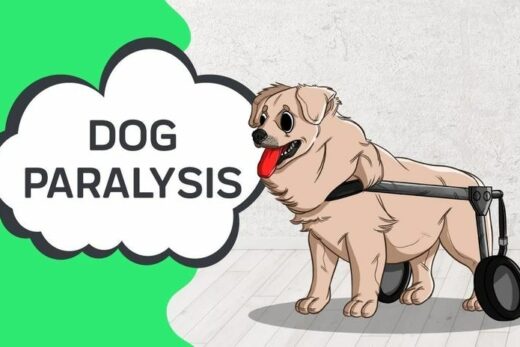CBD For Pets – Should I Worry About Drug Interactions?
As more pet owners are using the hemp-sourced CBD oil (Cannabidiol) to treat a variety of maladies and symptoms in their pets– from cancer-caused pain to arthritis and anxiety– the potential for mismanagement rises. Although unlike many other pharmaceuticals CBD oil for pets is non-addictive and non-intoxicating, it can cause changes in the way other medications are metabolized in the body.
When using any type of medical treatment utmost care must be taken to scale and dose it appropriately for the size and weight of the patient. When using CBD oil for pets, that means using extreme delicacy and making your veterinarian aware of any preexisting conditions, or testing your pet carefully to make sure their systems are functioning properly.
Although there are not exactly interactions between CBD oil for pets and pharmaceutical drugs, CBD oil can drastically alter the way the liver processes medications.
The cytochrome P-450 liver enzyme system metabolizes most of the pharmaceutical drugs. This enzyme system contains over 50 enzymes that process and remove toxins. The majority of prescription drugs process through the liver and through the P-450 system.
When a compound is metabolized i.e. the body utilizes or excretes (removes) it. This metabolic action can also break down compounds into more basic molecules which the body then utilize. In the case of CBD oil, the body metabolizes the CBD molecules by utilizing the cytochrome P-450 enzymes, then “slotting” them into the location for the same enzymes, making them compete for space. This means the liver enzymes are fighting to occupy the space they normally use to work, resulting in fewer available enzymes to do their job.
Fewer available working enzymes means less productivity on the factory line of the liver– the result is not normally detrimental, but if there are other prescription pharmaceuticals needing to be processed, the problem becomes clearer: by inhibiting the cytochrome P-450 enzymes, drugs will be metabolized slower in the liver, needing more time to process the components.
The overall effect is that of a traffic jam on a highway: higher drug levels within the body, which can lead to undesirable side effects. There may even be a risk of overdose. Keeping this in mind, if your pet is taking a drug that may interact with CBD oil, a vet will have to carefully consider dosage if you want to keep utilizing both drugs.
Drug and CBD oil interactions are especially important to consider when using medications with major adverse side effects, or those known to cause stress on the liver.
Pharmaceutical chemicals metabolized by the cytochrome P-450 enzyme in the liver may be affected by P-450. According to a study published, pharmaceuticals which are processed in this way may include:
- Antihistamines
- Prokinetics
- Anti-arrhythmic
- Antibiotics
- Anesthetics
- Anti-depressants
- Anti-epileptics
- Beta blockers
- PPIs
- NSAIDs
- Steroids
Not every medication in this list is necessarily affected by cannabidiol. Similarly, not every medication in the list is likely to cause an interaction. It’s very important to consult with your veterinarian whenever using a combination of medications to make sure the liver is functioning properly. Liver damage is one thing that certainly cannot be repaired surgically and keeping a careful eye on organ function via regular testing is always a good idea when dealing with an ailing beloved pet.





